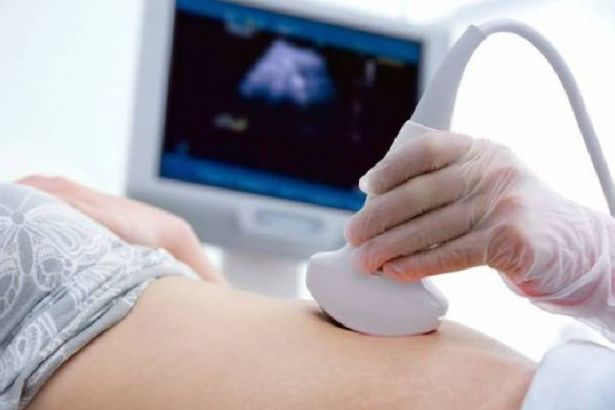Turkish govt mandates assisted-reproductive treatment only for married couples

Turkish Ministry of Health is planning to ban surrogacy, a method whereby a woman agrees to carry a pregnancy for another person when pregnancy is medically impossible or poses a danger to the applicant woman’s health.
The ministry plans to present a proposal to have Law No. 2238 on the Harvesting, Storage, Grafting, and Transplantation of Organs and Tissues changed, outlawing the surgical implantation of a fertilized egg for the purpose of carrying the fetus to term for another woman.
The Turkish penal code's related article states, "Anyone who alters or conceals the lineage of a child shall be sentenced to a penalty of imprisonment for a term of one to three years."
Despite the 'Regulation on Assisted-Reproduction Treatment Centres' bans the use of eggs, sperms, and embryos out of the married couples and disallows the utilisation of donors, many women in Turkey go to foreign countries to become pregnant with other parties' sperms and eggs or to select the sex of infants.
GOV’T SAYS ONLY MARRIED COUPLES CAN UTILISE ASSISTED-REPRODUCTION
The Islamist government sets conditions of legal marriage for the practice of assisted reproduction treatment, prohibiting surrogacy or the donation of eggs, sperms or embryos between the unmarried couples, persons, and third parties.
"If childbearing is impossible in natural ways or case of medical necessities, reproductive cells or embryos can be applied to future mothers by means of making reproductive cells convenient for fertilisation and enabling in-vivo or in-vitro fertilisation with therapeutic methods. This method can be implemented only to married couples. The donation practice by means of the use of reproductive cells or embryos obtained from anyone other than the applicants, and the donation, sale, storage, use, transportation, exportation, importation of reproduction cells or embryos and the mediation for these practices are prohibited."
PENALTY OF IMPRISONMENT FOR THOSE INVOLVING IN EMBRYO DONATION
The draft projects to punish those who illegally donate, implant, use, store, transport purchase-sale or mediate or commission the sale of embryos with imprisonment for a term of 2 to 5 years. The amendment underlines that those who carry out the practices mentioned above abroad will also be punished.
As the AKP government imposes anti-abortion implementations, bans embryo donation and mandates legal marriage for assisted reproduction on the basis of Islamic approaches, there is no concrete data regarding the number of Turkish women who prefer to go to foreign countries for surrogacy or embryo donation.
According to a study, Northern Cyprus, Greece and the U.S. have become popular destinations for Turkish patients to access donor gametes, and although conducted with discretion and secrecy, reproduction tourism has become a big business in Turkey.



